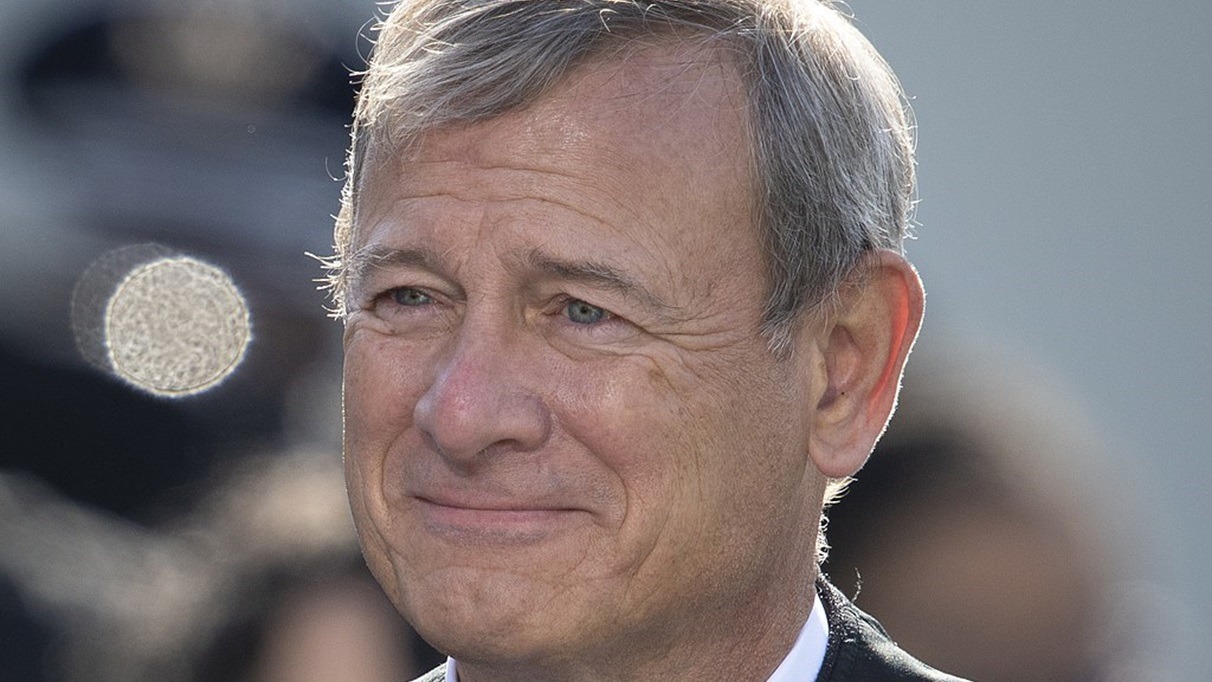
Supreme Court Chief Justice John Roberts leads a SCOTUS that has been increasingly under a microscope for alleged ethics violations — notably the reported financial favors granted Justice Clarence Thomas by a billionaire conservative.
Roberts and his Court have acknowledged some of this pressure, releasing new ethics guidelines (a Code of Conduct) for themselves in November 2023, though these guidelines were seen as toothless by critics who noted that the policing of the Court remained a matter of self-examination and discretion.
Accountability was merely an option accordingly, not a requirement — according to SCOTUS critics like Sen. Sheldon Whitehouse (D-RI), a Senate judiciary member who has taken unrelenting aim at the Court.
Roberts issued his annual year-end report on New Year’s Eve, claiming a high ground for the Court while slamming “public officials” (like Whitehouse) for leveling criticism of the Court “without a credible basis for such allegations.”
“There’s a rich (and ongoing) debate over the relationship between public criticism of the courts and judicial independence. Chief Justice Roberts’s annual missive missed just about all of the nuance.” It was pathetically bad in every respect.
www.stevevladeck.com/p/bonus-115-…
[image or embed]
— Laurence H. Tribe (@tribelaw.bsky.social) January 3, 2025 at 12:11 PM
In a recent post, Harvard Law School constitutional law eminence Laurence Tribe piled on to attorney Steve Vladek‘s deep dive into Roberts’s purportedly obtuse, self-serving defense, with Tribe calling Roberts’s report “pathetically bad in every respect.”
Vladek describes Roberts’s report this year as a departure from recent communiques from the Chief Justice, saying that the “2024 year-end report has a much sharper message—with the Chief Justice using his bully pulpit to rail, quite aggressively, against four types of attacks on judicial independence: (1) violence, (2) intimidation, (3) disinformation, and (4) threats to defy lawfully entered judgments.”
But with all those named threats facing American jurisprudence, Vladek rips the Roberts report for neglecting to acknowledge “what is, in my view, an even greater threat to judicial independence today: the continuing erosion of public faith in the courts that’s reflected in (but not caused by) much of the good-faith criticism that is out there. In those respects, at least, it’s a remarkably tone-deaf missive from someone who ought to know better.”

















































